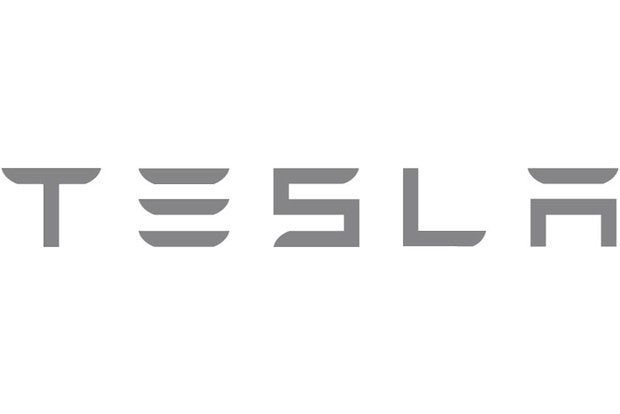
Tesla is currently facing a "trademark troll" in China, an issue many companies know all too well.
There’s been a lot of speculation lately about just when luxury electric automaker Tesla will make its long-anticipated debut in the Chinese market. The company has stated that it definitely plans on entering this year, but very few details have been forthcoming—except for one: another company has latched onto the Tesla trademark, putting the automaker in a predicament that many other foreign brands know all too well. According to Want China Times:
Zhan Baosheng successfully registered the "Tesla" trademark for land, air, and marine transportation vehicles in 12 categories in 2009. Qiao Weiwei successfully registered "TESLA MOTORS" as a trademark in China before selling it to the carmaker on May 6, but the trademark covers only rail vehicle, sleighs, airplanes and ships. It is not applicable to finished car and auto parts.
As a result, Tesla was rejected by the Chinese authorities in its application for the "Tesla" trademark in 2009. The problem has blocked Tesla's bid to tap the country's huge market, including its plan to open a flagship store in Parkview Green Shopping Center on Beijing's Dongdaqiao Road.
This issue is certainly a major headache for Tesla, as well as others who have readied themselves to plunge into the China market. In order to see what the company can do about the situation, it helps to take a look at how other brands in this predicament have handled this delicate issue:
Rebrand.#

3.1 Phillip Lim's new China logo. (3.1 Phillip Lim)
When fashion label 3.1 Phillip Lim found out that another company in China was holding its logo hostage, it came up with an ingeniously simple solution: create a new one. Rather than suffering through a messy legal battle, the brand went on the offensive by creating a “China-specific” logo, which is featured on the label’s pre-fall 2013 ready-to-wear and footwear collections. This strategy is certainly not right for everyone, but for Phillip Lim, which is a relatively young and niche brand which was only facing issues with its logo, and not its actual name, this choice may actually be helpful in choosing an aesthetic that is specially tailored to the China market.
Pay up.#
For major international companies with a well-known name and logo, rebranding is most often not an option. Take Apple, for example: in July 2012, the company agreed to settle a lawsuit for $60 million after it was sued by Proview Technology. Apple had paid a Proview Technology affiliate in Taiwan for its iPad trademarks in various countries for £35,000, assuming it covered China. However, when the iPad was introduced, Proview’s Shenzhen operation said that it was actually not valid in China, filing a trademark infringement case against Apple and prompting authorities to start seizing iPads in February 2012.
With its China profits in the billions of dollars, Apple's move to give Proview a sizable chunk of money in exchange for almost immediate possession of the iPad trademark was a cost-efficient calculation, since the company simply could not afford to lose access to its infamous name in such a massive market.
Take legal action (if you’re a sports hero).#
Michael Jordan may be one of China’s most-loved sports figures, but even he isn’t immune from copyright trolls. Clearly used to playing offense, the basketball legend filed a lawsuit in February 2012 against Qiaodan Sports Co., which is using the transliteration of “Jordan”, as well as selling shoes and jerseys with his jersey number. Other athletes have previously been successful in this type of copyright litigation, such as NBA player Yao Ming, who won a legal battle against Wuhan Yunhe Sharks Sportswear Co. for using his name.
For companies already stuck with a trademark squatter, the solutions are likely to be costly no matter what, but these problems for larger brands will likely serve as a fair warning for younger companies considering a foray into the China market to get their trademark early and know what they're getting themselves into legally. In addition, brands should also take care to copyright both their Chinese names and of the variety of "nicknames" used to search for them online, such as Chinese alternatives and English abbreviations (for example, "LV" for Louis Vuitton), in order to purchase ads on search engines such as Baidu and prevent imposters from gaining influence. It is also important to remember to register web domains (another thing Tesla is struggling with at the moment) and acquire verified social media accounts on both giants such as Sina Weibo and up-and-coming apps such as WeChat a few years ago. In the end, companies will always still be at risk for copyright problems, but the China market payoff will be too great an opportunity for trademark issues to stand in the way.